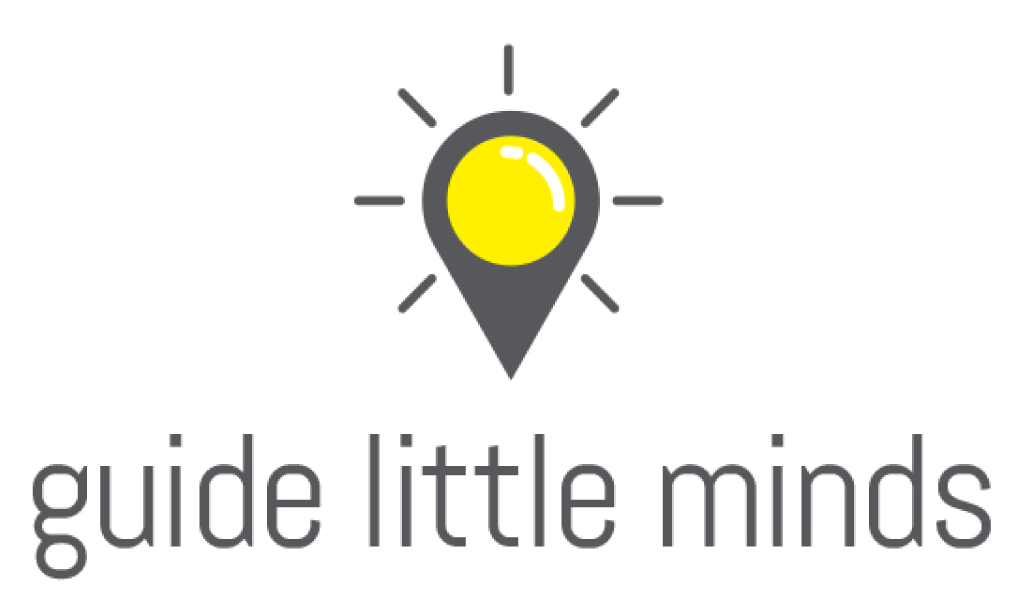Unlock Your Child’s Full Potential with ADHD Medications!

Discover how the right treatment can transform your child’s life! 💡
If you’re thinking about ADHD medication for your child, it’s essential to understand how stimulants like methylphenidate or amphetamine and non-stimulants work, potential risks, and typical dosages and frequencies. In this article, experts answer common questions about treating your child’s ADHD.
1. What are the most common ADHD medications for children?
– Amphexa (amphetamine)
– Concerta (methylphenidate)
– Ritalin (methylphenidate)
– Strattera (atomoxetine hydrochloride)
– Vyvanse (lisdexamfetamine)
2. What are the best ADHD medications for kids?
Most children with ADHD find relief from symptoms with a stimulant medication like methylphenidate (Ritalin, Concerta, etc.) or amphetamine (Amfexa, Vyvanse, etc.). If one ADHD medication doesn’t work or requires a very high dosage, the doctor may try another drug. No specific medication is considered the best, and the choice of a drug should be based on its onset, duration of action, and effectiveness for each patient.
3. Are ADHD medications for children necessary? Is my child too young for ADHD medication?
The American Academy of Pediatrics (AAP) states that children as young as four can be diagnosed with ADHD. For children under six, the AAP recommends behavior parent training as the first treatment option. Methylphenidate may be considered for preschool-aged children if symptoms persist and cause moderate-to-severe disruption in functioning. For children aged six and older, the AAP suggests ADHD medication along with behavior parent training.
Experts agree that parents should consider ADHD medications when symptoms interfere with their child’s social, emotional, or academic life. Delaying medication could result in long-term negative effects on a child’s self-esteem. It is crucial to ensure a reliable diagnosis of ADHD, as ADHD-like symptoms can be caused by various disorders or learning difficulties. The doctor should use the latest diagnostic criteria and gather input from both parents and the child’s teacher.
4. Are ADHD medications for children safe?
Stimulants commonly prescribed for ADHD are considered among the safest psychiatric medications. While risks associated with not treating ADHD are high, the risks of using these medications are low. However, stimulants can interact dangerously with certain other medications, so always inform the doctor about any other medications your child takes.
5. What are the side effects associated with ADHD medications for children?
Stimulants can cause side effects like appetite suppression, weight loss, headaches, and difficulty falling asleep. However, these effects tend to be temporary. In rare cases, children may experience visual or tactile illusions or develop a tic.
6. Will ADHD medication stunt my child’s growth?
Researchers are still debating whether stimulants have any long-term effect on a child’s height and weight. Some children may be slightly lighter and shorter during the first year or two of taking the medication, but they usually return to their normal growth patterns after about three years.
7. How long do ADHD medications last?
Short-acting forms of methylphenidate, amphetamine, and mixed amphetamine salts last about four hours. Each also comes in an eight-hour form, and methylphenidate comes in a 12-hour form. The methylphenidate skin patch works for up to 12 hours. It’s essential that your child takes medication whenever hyperactivity, inattention, or impulsivity could interfere with important activities, including sports and after-school activities, as well as classroom time.
8. What options are available for children who have trouble swallowing pills?
Methylphenidate is available in liquid and chewable forms, as well as in pill form. Stimulants can also come in capsules, which can be opened and the contents sprinkled on food. Another option is the methylphenidate skin patch.
9. How will the doctor determine the correct dosage of ADHD medications for children?
The correct dosage of a stimulant is determined by how efficiently a child’s body metabolises the medication, not by their weight or age. Doctors usually start with a low dosage and gradually increase it until the benefits level off or side effects become problematic. Feedback from parents and teachers is crucial in determining the best dosage for each patient.
10. Is it true that ADHD stimulants don’t work for some kids?
Yes, some children don’t respond to stimulants or can’t tolerate the side effects. For these children, doctors may prescribe non-stimulant medication like atomoxetine (Strattera). However, it may not be as effective for some children and can have side effects. Other options include tricyclic antidepressants, bupropion (Wellbutrin), or blood pressure drugs like clonidine (Catapres) or guanfacine (Tenex).
11. Are “drug holidays” a good idea for children taking ADHD medication?
Some experts are skeptical about this practice. They argue that children need medication to pay attention and learn outside of school. However, children who have used a stimulant successfully for a while might be given a brief trial off the drug to see if it’s still necessary. This should be done only when school is out and under a doctor’s supervision.

